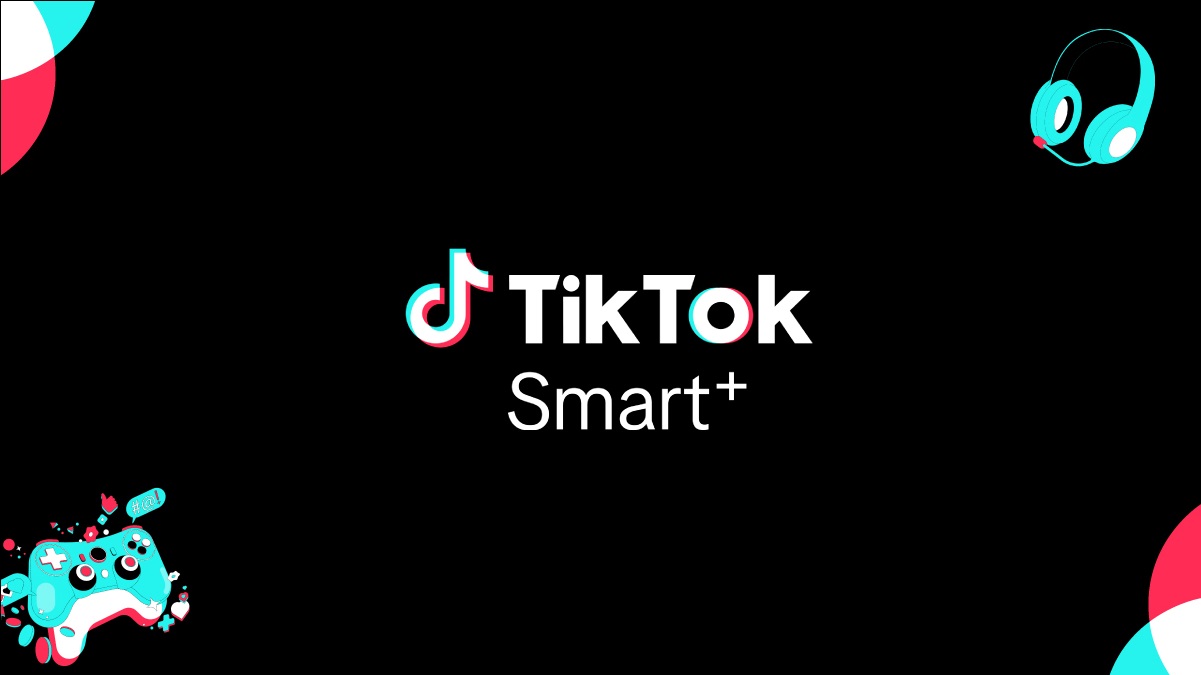By Corrine Sandler the founder and CEO of Fresh Intelligence Research Corp.
Before the internet, small companies didn’t stand a chance against the Goliaths, says Corrine Sandler, a globally recognized leader in business intelligence and market research.
That’s because no war can be won without intelligence and, before the digital era, collecting actionable data and information about one’s competitors, market and customers cost a lot more than most small businesses – the Davids – could afford.
“But today, the Davids are taking down the Goliaths,” says Sandler, founder and CEO of Fresh Intelligence Research Corp., a global business intelligence company, and author of the new book, “Wake Up or Die” (www.wakeupordie.us), a comprehensive guide to the use of intelligence in the contemporary business environment.
“Thanks to the internet, the boutiques and startups have access to all kinds of free tools for gathering intelligence. They’re also much more agile than the big corporations; they can make a decision and act immediately. That’s essential in a marketplace where conditions change quickly.”
In “Wake Up or Die,” Sandler applies lessons from Sun Tzu’s “The Art of War” – the 2,000-year-old military treatise penned by one of the greatest commanders in history – to the modern business economy. Sun Tzu held that the goal in any war is to win without ever entering into physical battle.
“By gathering actionable data and acting on it immediately, by using it to predict next moves and spot opportunities, small businesses can and are taking down the big ones without a drop of blood being shed,” Sandler says.
She offers smaller business owners these tips for acquiring and using intelligence:
- If you lack resources, make use of free or inexpensive intelligence-gathering tools. Visit competitors’ websites and collect data about them. Many businesses put a great deal of revealing information on their sites, which can benefit you. Also, make note of any changes on their sites. Google Alerts can tell you when they’re releasing new products or expanding. Use Google analytics tools such as Google Hot Trends to tell you what’s in the collective consciousness – potential consumer demand – at any given time. Google’s key word tool will give you ideas for powerful key words in search terms, and use the traffic tool to measure global volume on those key words.
- Make intelligence-gathering part of your company’s culture. From the manager who overhears a conversation in the grocery checkout line to the clerk obsessed with Twitter, every employee in your business is a potential intelligence resource. Encourage employees to pay attention as they interact with others outside the company. They may discover a nagging issue that no other company is addressing, allowing you to create uncontested market space. Or, you may learn critical information about a competitor that allows you to seize an advantage. Make intelligence gathering a company lifestyle.
- Appoint a Chief Intelligence Officer (CIO) to coordinate and analyze information from a variety of sources. In smaller companies, leaders tend to rely on pipelines of internal information provided by employees who don’t understand how to use intelligence to make empowering decisions. That can render important data inactionable (unusable or simply not used). A CIO can oversee and coordinate the collection and analysis of intelligence, and brief you – the business leader – daily so that all data is actionable.
“What enables you to make smart, timely decisions is access to precise intelligence,” Sandler says. “Your advantage, as a smaller business, is that you don’t have the corporate processes and protocols that inhibit fast action.
“As Sun Tzu wrote, ‘It is said that if you know your enemies and know yourself, you can win 100 battles without a single loss.’ ”





